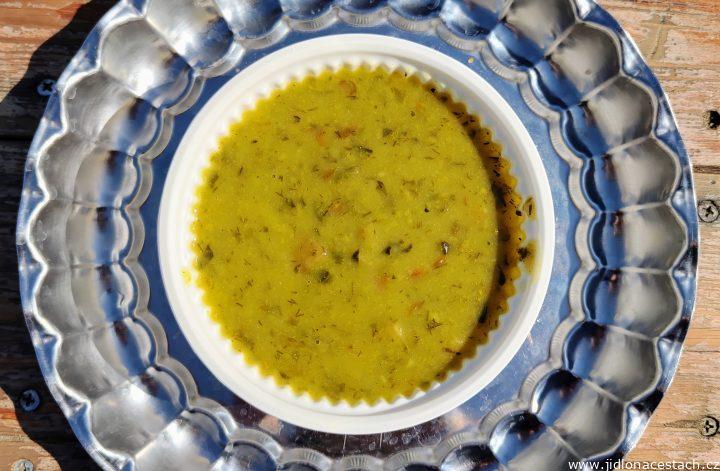Nazr (نذر) is a solemn vow or commitment made to Allah or other holy figures in Islam, most often in the form of providing food or other gifts to those in need (simplified).
The term sofreh nazr (سفره نذر) literally means “nazr laid table”. Sofreh is a Persian word referring to a tablecloth or a spread table with food. This tradition involves preparing and distributing food to people free of charge as a way of fulfilling a religious vow (nazr). Those who perform sofreh nazr believe that through this act, they fulfill their commitment to Allah while also receiving spiritual blessings.

Nazr is an important tradition in Iran, Afghanistan, Tajikistan, and other Muslim-majority countries, especially among Shia communities. It can involve preparing simple refreshments like tea and sweets (e.g., cookies, figs, dates, or pastries). In Iran, such events are common and take various forms, from large public feasts to small informal gatherings at homes or on the streets. I had the chance to accidentally join one such informal event in the Iranian city of Yazd.

The nazr and sofreh nazr tradition has roots in Islamic teachings and Persian culture. Nazr is mentioned in the Quran (e.g., Surah Al-Baqara, verse 270), which makes it a religiously significant and respected act. Over time, this custom has become an integral part of daily life for Iranian families, especially during religious holidays and special occasions.
The prepared food is distributed to passersby, neighbors, relatives, and especially to those in need. The tradition welcomes everyone, regardless of their religion or social status, including women and children.
Sofreh nazr carries not only religious importance but also a strong social dimension. It fosters solidarity, generosity, empathy, and social cohesion. People believe that by fulfilling this vow, they gain spiritual favor, blessings, and protection for themselves and their loved ones. Nazr also strengthens the sense of unity and mutual support within the community.
Sofreh nazr is considered an essential part of Iran’s cultural heritage, and I am grateful to have had the chance to witness it and accept a small offering.


